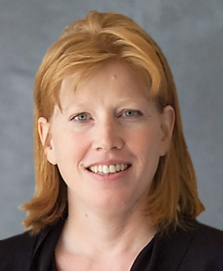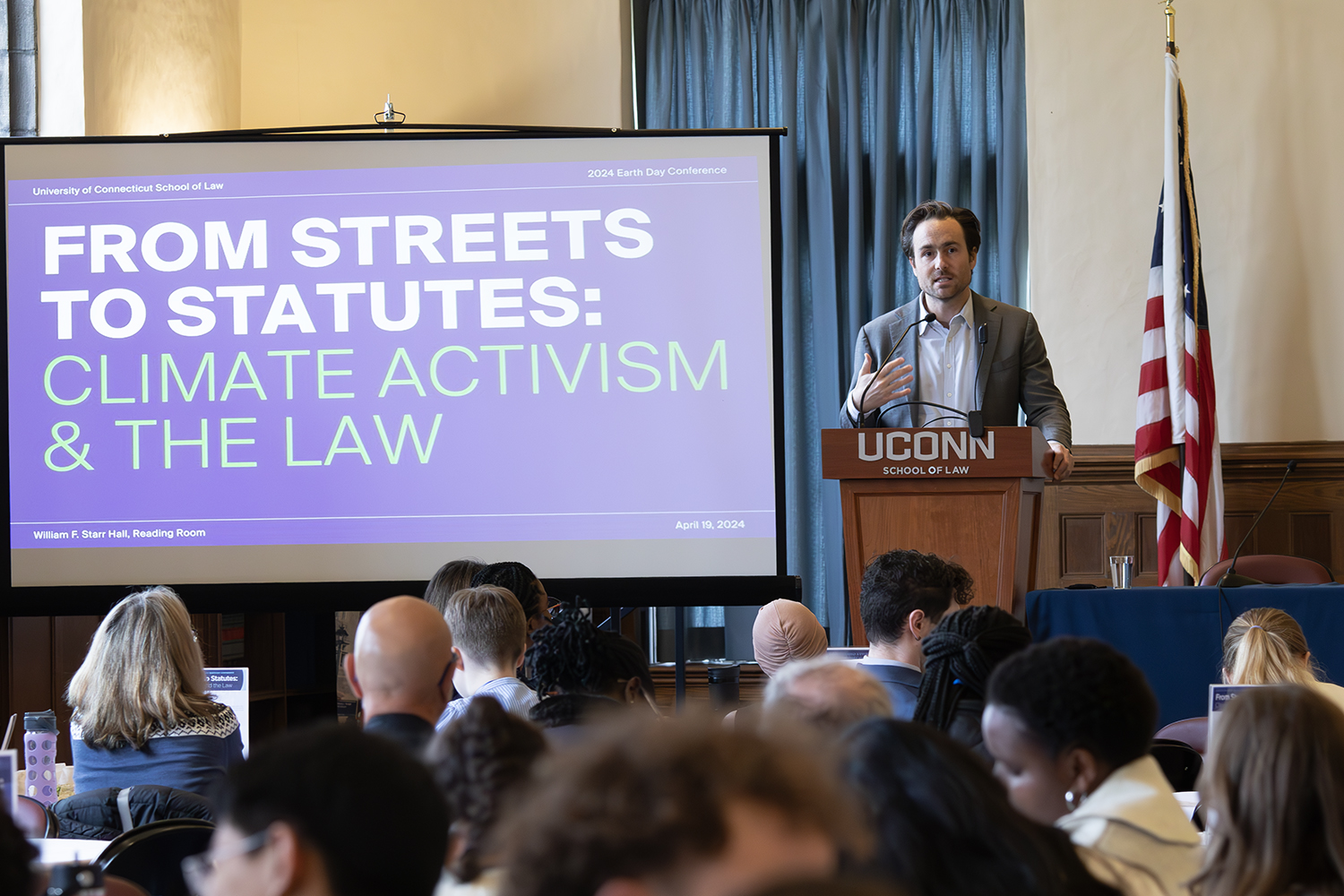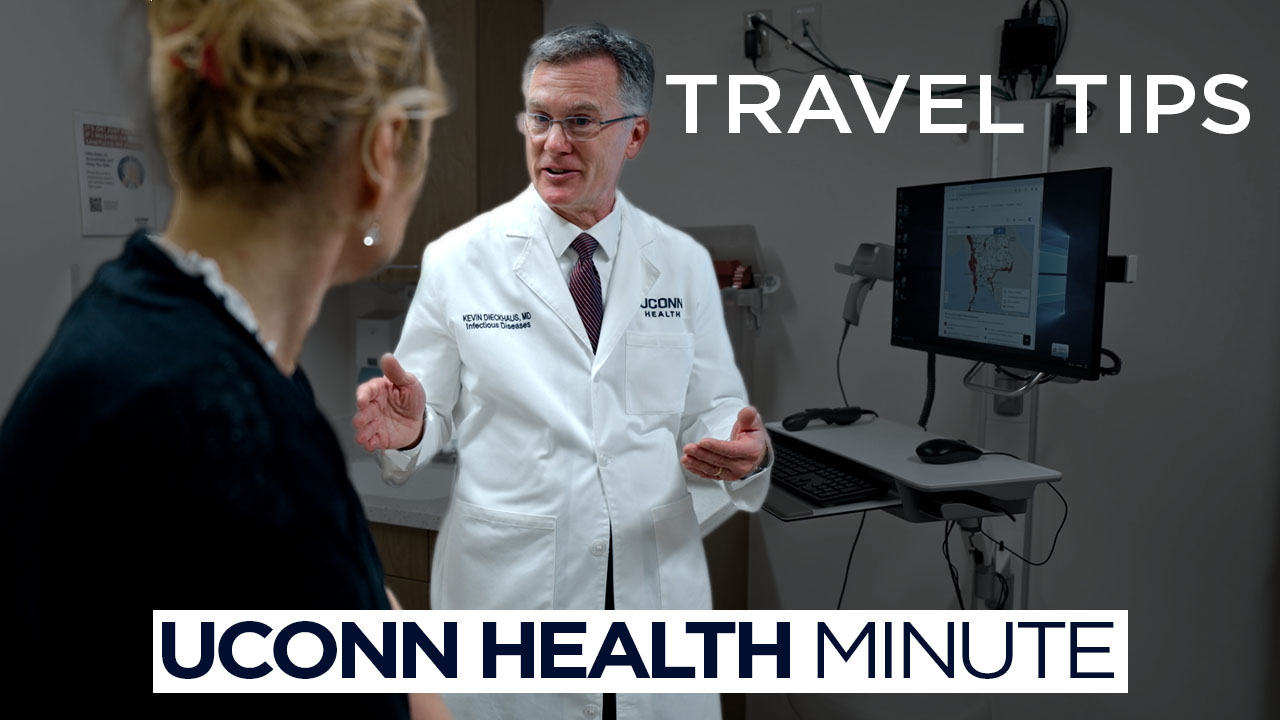
Karen had recently moved to Connecticut when a notice on a hospital bulletin board caught her eye: The University of Connecticut Health Center was looking for volunteers to participate in clinical trials. “I went on the UConn Health Center website and searched clinical trials,” she recalls. “I came to this wonderful database of trials that was just so simple to use and understand, and it was very informative.”
The database provided a wealth of information about clinical trials being conducted by UConn researchers and invited anyone interested in participating to sign up. “I put in my name, address, and phone number, and I put down that I was interested in smoking cessation and maybe weight loss,” Karen says. “And that was it, until I got a call a couple of months later from UConn asking if I was interested in participating in a study for smoking cessation.”
Clinical trials are research studies to see how a new medicine or treatment works in people. Participants in clinical trials can gain access to new research treatments before they are widely available. They also help others by contributing to medical research, since the goal is to improve quality of life.
When Karen was contacted, what especially appealed to her was that there was no hard sell, no one pushing her to participate. Instead, the caller explained how the clinical trial was going to be done, what Karen’s commitment would be, and how she would be compensated for participating. “They didn’t want me to sign anything until I completely understood everything about the study,” she says. “I could not say enough about their concern for their volunteers.”
Once she learned about the clinical trial, Karen was overwhelmed with gratitude for having been invited to participate. “I think it’s phenomenal. The study involves group therapy and medication that is all completely free, and then to also have them pay me is unbelievable. This study can easily save my life.”
Clinical trials are conducted to answer a specific scientific question. The lead researcher creates a plan, or protocol, that explains what is being studied and what the criteria are for participation. Before they can be launched all studies must be approved by an Institutional Review Board (IRB), a committee of doctors, scientists, clergy, and other non-medical representatives who ensure the study is scientifically sound and ethical, and that the safety of its volunteers is of paramount concern.
Linking participants like Karen to clinical trials being conducted by researchers at the UConn Health Center and elsewhere is a database that was the brainchild of Khamis Abu-Hasaballah, of the Health Center’s Department of Information Technology. “A lot of clinical research is happening here and we have volunteers interested in becoming research participants, but in the past we had no way to connect with them,” he says.
UConn’s problem was not unique. “We really have a huge problem in this country when it comes to clinical trials and recruitment,” Abu-Hasaballah explains. “For example, only three percent of cancer patients participate in research studies, and 84 percent of patients say they were either unaware or unsure that participation was an option. About 80 percent of clinical trials fail due to insufficient recruitment.”
Abu-Hasaballah describes the Health Center’s database, which launched in February 2010 and can be found at http://clinicaltrials.uchc.edu, as a “matchmaker” between clinical trials and research participants. Participants can sign up in two ways. Like Karen, they can leave their name, phone number, and areas of interest, to be contacted when an appropriate trial starts enrolling patients.
In addition, the site provides a complete list of all clinical trials underway through the Health Center, so participants can find a study that best fits their specific health needs or condition. Today there are ongoing trials on addictions and substance abuse, aging, cancer, diabetes, digestion problems, gambling, high blood pressure, pain, smoking, stress, weight control, and much more.
“Anyone signing up has to give permission for us to use their data,” Abu-Hasaballah says. “Our researchers look for participants from all walks of life, both sick and healthy. For example, we sometimes need healthy volunteers to see how that control group compares to a group of sick patients in a study.”

Dr. Cheryl Oncken is the lead researcher for the study in which Karen is enrolled and is recruiting other participants through the website’s database. “Clinical trials are so important because that’s how we advance research,” Oncken says. ”This database tool is very helpful because it lets people see what’s going on in terms of research. We also provide information up front, so people are informed about the potential benefits and any risks for each project.”
Each clinical trial has its own benefits for the volunteer participants. Some studies will compensate participants for their time and travel. Some give participants medication or other therapies free of charge. In all cases, the volunteers know that their participation might help countless others in the future.
Abu-Hasaballah says people participate in clinical trials for many different reasons. “Some do it for altruistic reasons, out of the goodness of their heart. Others participate because they had a family member who was sick or died, and they want to help others. Some do it because they themselves are sick and they are seeking innovative treatments. Some do it for monetary purposes, and some are just interested in a particular condition and want to learn more.”
The database is safe, secure, and confidential, and there is no obligation to participate in a trial if you are contacted, Abu-Hasaballah adds. “It’s a convenient way to find out about clinical trials and become a volunteer online, from the comfort of your own home.”
Follow the UConn Health Center on Facebook, Twitter and YouTube.



